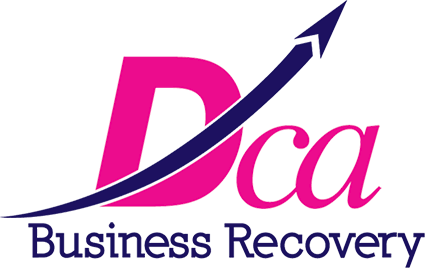 Running a business can be very rewarding but also hard work and requires a lot of effort and commitment from the directors of the Company to keep the business alive.
Running a business can be very rewarding but also hard work and requires a lot of effort and commitment from the directors of the Company to keep the business alive.
The directors should always be aware of their obligations to the Company and should decide to seek financial advice as soon as possible if they become concerned about the affairs of the business.
Should any issues arise and the director decides that the Company can no longer meet its obligations the directors should always be aware of the options available to them to formally close the business.
Creditors Voluntary Liquidation and Compulsory Liquidations are formal insolvency proceedings where the business ceases to trade and is insolvent.
Creditors Voluntary Liquidation
A Creditors Voluntary Liquidation requires the directors and members of the Company to make a formal decision to place the Company in to Liquidation and will require the services of an Insolvency Practitioner.
One of the benefits of the Company entering in to Liquidation voluntarily is that the business owners will have the guidance and assistance of an Insolvency Practitioner from the initial advice stages and this will reduce the chances of the director or business facing allegations of misconduct. This is imperative as sometimes a director can make the wrong decisions which could have an impact on them being a director in the future or they could personally face implications should misconduct appear to have occured.
Another benefit of a Creditors Voluntary Liquidation is that the directors have full control of when the Company is placed in to formal insolvency proceedings however this should be not left at the latest available opportunity as the Company could be accused of trading whilst knowingly insolvent.
Once the Company has been placed in to Creditors Voluntary Liquidation the director’s powers cease and the Insolvency Practitioner has a duty to realise the assets to maximise a distribution to the creditors of the Company.
The Insolvency Practitioner has various duties once the business is in Liquidation and also has a duty to make enquiries in to the affairs of the Company.
Compulsory Liquidation
A Compulsory Liquidation is the result of a creditor of the Company issuing a Winding-up petition to the Court. A creditor can only issue a Winding-up petition to the Court if the business owes them £5,000 or more and if they already have an unsatisfied statutory demand for the debt or a County Court Judgement (CCJ) against the Company.
A hearing of the Winding-up order will be down to the Court as to whether or not the Winding-up order should be granted and the director will be required to attend the Court hearing in front of the Judge. If, at the Court hearing, the Company is placed in to Compulsory Liquidation the director of the Company will be required to attend interviews with the Official Receiver to provide information that the Official Receiver will require for his investigations.
Failure to attend a meeting with the Official Receiver without valid reason may be treated as contempt of court for which the penalties can be a fine or imprisonment or both. This will also be a factor in deciding whether you are fit to be a director.
In most cases, where there are further grounds for investigation and a large amount of assets to realise, the Official Receiver may pass the Liquidation to an external Insolvency Practitioner to deal with the case.
Generally the costs of a Compulsory Liquidation will far outweigh that of a Voluntary Liquidation which will have a negative impact on the creditors of the Company receiving any distribution.
It is always best for the directors to seek advice at the earliest stages possible in order that the best advice can be provided.
At DCA Business Recovery LLP a free initial advice meeting is always provided by one of our senior insolvency professionals. If you are concerned about your business or simply need some advice then call our Southend office now on 01702 344558 to arrange a meeting or email enquiries@dcabr.co.uk.
Toni James, Administrator

